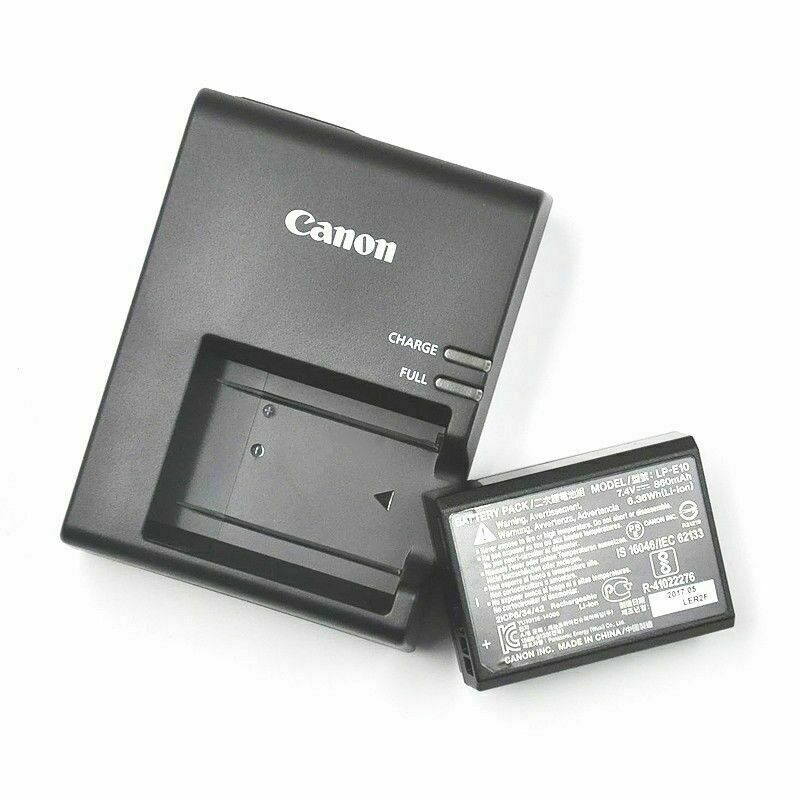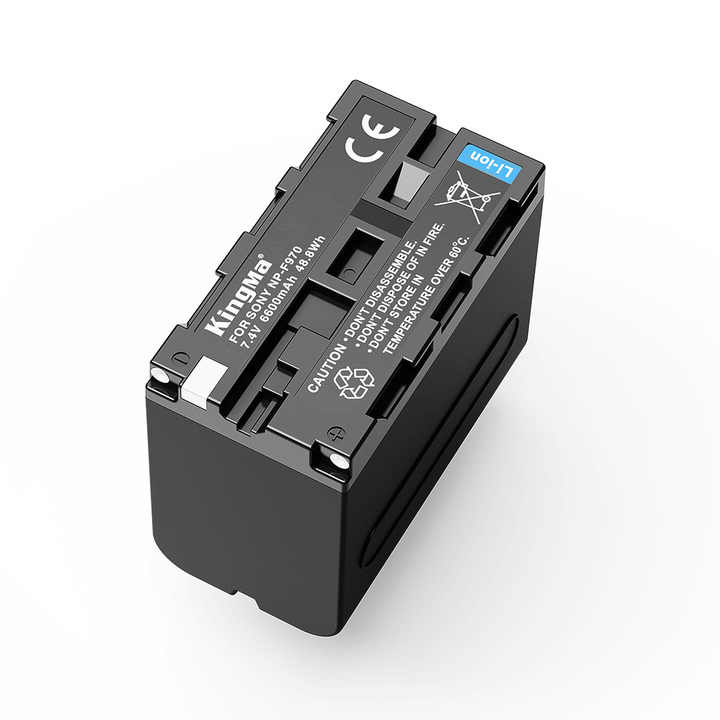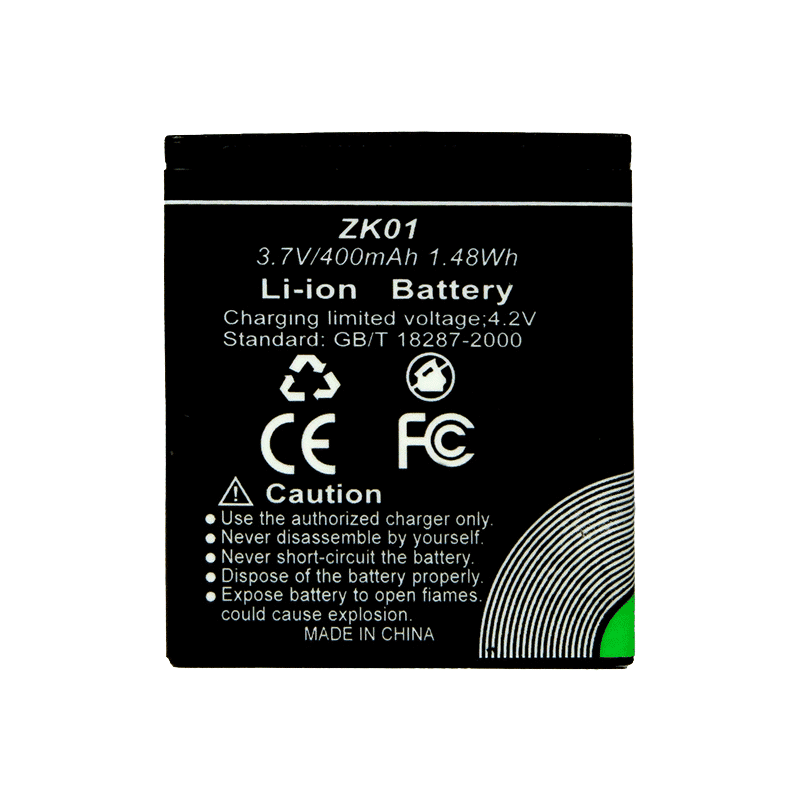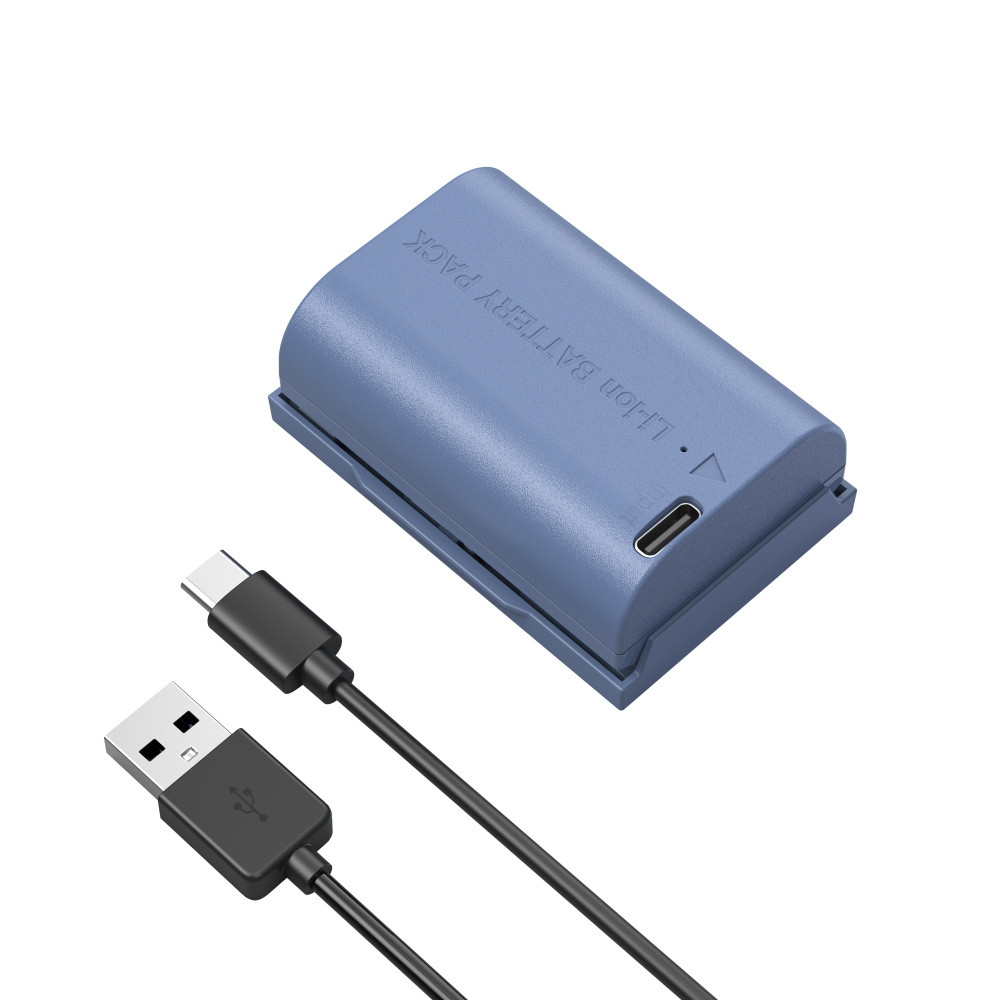A reliable camcorder battery is essential for capturing unforgettable moments without interruption. With various options on the market, choosing the right battery can be overwhelming. This guide will help you understand key factors such as battery type, capacity, compatibility, price, brand reputation, and maintenance, ensuring you make an informed decision.
Understanding Battery Types
Lithium-Ion (Li-ion) Batteries
Lithium-Ion batteries are the most popular choice for camcorders. These batteries are known for their high energy density, lightweight, and long life cycles. Unlike older battery technologies, Li-ion cells have minimal memory effect, which means they can be charged and discharged repeatedly without significant loss in capacity. Their high energy density means you get more power in a smaller package. For camcorder users, this translates into longer recording times and less frequent battery swaps. Overall, Li-ion batteries offer a reliable and efficient power source, making them a top choice for modern camcorders.
Nickel-Metal Hydride (NiMH) Batteries
Nickel-Metal Hydride batteries offer an eco-friendly alternative but are less common in newer camcorder models. These batteries have a good balance of capacity and durability but are generally heavier and have a shorter lifespan compared to Li-ion batteries. They also suffer from the memory effect, which can reduce their efficiency over time. Although they can be a viable option for lower-end camcorders or as backup batteries, their disadvantages make them a less popular choice. NiMH batteries are more affordable but may not offer the same level of performance and longevity as Li-ion batteries.

Evaluating Battery Capacity
Measured in Milliampere-Hours (mAh)
Battery capacity is measured in milliampere-hours (mAh), indicating how much charge a battery can hold. Higher mAh ratings mean longer usage times. For instance, a battery with 2500mAh capacity will last longer than one with 1500mAh under the same conditions. Considering your shooting needs, whether long sessions or short bursts, helps determine the appropriate battery capacity. Understanding this metric helps you choose a battery that meets your recording requirements without frequent recharges. Consider your typical recording sessions to decide how much capacity you need.
Impact on Recording Time
Recording time is directly proportional to battery capacity, but factors like camcorder settings and accessories also play a role. Higher resolution settings, additional lights, and external microphones can drain the battery faster. Therefore, opting for a battery with a higher mAh rating ensures your camcorder remains operational for longer periods, accommodating intensive shooting conditions. Evaluating your recording environment helps you choose a battery that ensures uninterrupted shooting. Balancing capacity and usage scenarios optimizes battery life and performance.
Ensuring Compatibility
Check Manufacturer Specifications
Ensure the battery you choose is compatible with your camcorder model. Refer to the camcorder’s user manual or manufacturer’s website for recommended batteries. Compatibility ensures optimal performance and prevents potential damage to your device. Using incompatible batteries can lead to power issues and void your warranty. Manufacturer specifications provide guidance on suitable batteries for your model, reducing the risk of incompatibility issues. Verifying this information helps maintain your camcorder’s performance and lifespan.
Compatibility with Chargers
Apart from camcorder compatibility, check if the battery works with your existing charger. Some batteries require specific chargers, and using the wrong one can damage the battery or reduce its lifespan. Consider investing in a compatible charger if needed to ensure safe and efficient charging. Verifying charger compatibility ensures a seamless charging experience and maximizes battery life. Using the right charger maintains battery health and efficiency, protecting your investment.

Weighing the Price vs. Quality
Cost Considerations
While it’s tempting to opt for cheaper batteries, they may lack the longevity and performance of higher-priced options. Budget-friendly batteries often use lower-quality materials, resulting in shorter lifespan and potential reliability issues. Investing in a higher-quality battery can provide better performance, longer life, and peace of mind. Evaluating cost versus benefits helps you make an informed decision that balances budget and performance. Spending more upfront on a high-quality battery can save you money in the long run by reducing replacements.
Long-Term Value
High-quality batteries may have a higher initial cost but offer better long-term value. They typically come with warranties and deliver consistent performance, making them a worthwhile investment for serious camcorder users. Considering long-term value ensures you choose a battery that meets your needs for extended periods. Investing in quality enhances reliability and reduces the need for frequent replacements. Evaluating the overall value helps you balance cost and performance effectively.
Brand Reputation and Reviews
Trusted Brands
Opt for batteries from reputable brands known for quality and reliability. Brands like Sony, Canon, and Panasonic have established a strong presence in the camcorder market and offer reliable batteries. Trustworthy brands ensure you get a product that meets industry standards and performs as expected. Brand reputation provides assurance of quality and support. Established brands offer reliable products and better customer service, ensuring a positive experience.
Customer Reviews
Customer reviews and ratings offer valuable insights into a battery’s performance and reliability. Look for reviews from users with similar usage patterns to get a realistic expectation. Positive feedback from other camcorder users reinforces the reliability of the battery. User experiences provide practical information that helps you make an informed decision. Reviews highlight strengths and weaknesses, guiding your choice based on real-world performance. Considering similar use-case reviews ensures relevance and accuracy in assessing battery performance.

Maintenance and Care
Proper Charging Techniques
Proper charging techniques extend the lifespan of your camcorder battery. Avoid overcharging and discharging the battery completely. Instead, keep the battery within the 20-80% charge range for optimal health. Using a charger with automatic shutoff can prevent overcharging. Proper charging practices maintain battery performance and longevity. Following recommended charging guidelines helps preserve battery health and efficiency.
Storage Conditions
Store your batteries in a cool, dry place away from direct sunlight. Long-term exposure to high temperatures can degrade the battery, reducing its lifespan. If you won’t be using the battery for an extended period, keep it partially charged rather than fully charged or fully depleted. Proper storage conditions prevent degradation and ensure battery readiness. Maintaining ideal storage conditions enhances battery life and performance.
Regular Usage
Using your battery regularly helps maintain its performance. Batteries left unused for long periods may lose their ability to hold a charge. Periodic use ensures the battery remains operational and maintains its capacity. Regular usage keeps the battery in good condition, ensuring readiness when needed. Keeping the battery active prevents capacity loss and ensures reliability.
Additional Features and Accessories
Battery Indicators
Some batteries include built-in charge indicators, allowing you to quickly check the remaining power. These indicators help manage your recording sessions more efficiently by providing real-time information on battery status. Features like these add convenience and enhance user experience. Charge indicators provide straightforward monitoring of battery levels, ensuring preparedness. Real-time information on battery status helps manage usage effectively.
External Battery Packs
Consider investing in external battery packs for longer shoots. These packs can be connected to your camcorder to extend recording time significantly. External battery packs are particularly useful for professional videographers and outdoor shoots where access to charging points is limited. Extending recording time with external packs ensures preparedness for extended sessions. Extra power sources enhance shooting capabilities and flexibility.
Making an Informed Choice
Choosing a reliable camcorder battery involves careful consideration of various factors. Understanding battery types, evaluating capacity, checking compatibility, balancing price and quality, and relying on trusted brands all play a crucial role in making an informed decision. Proper maintenance and additional accessories further enhance your camcorder’s performance and longevity.
In summary, investing in a high-quality, compatible camcorder battery ensures uninterrupted recording and peace of mind. Whether you’re a professional videographer or a casual user, finding the right battery enhances your camcorder’s functionality and reliability. Consider your specific needs and usage patterns to choose a battery that meets your requirements. Making an informed choice ensures a reliable power source, enabling you to capture important moments without interruption. Select a battery that aligns with your needs, providing optimal performance and long-term reliability for all your recording endeavors.
